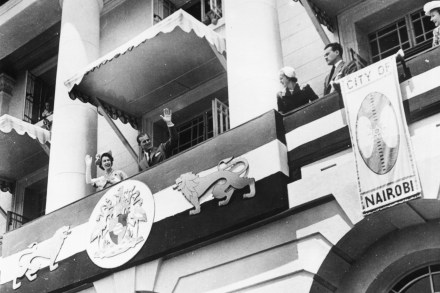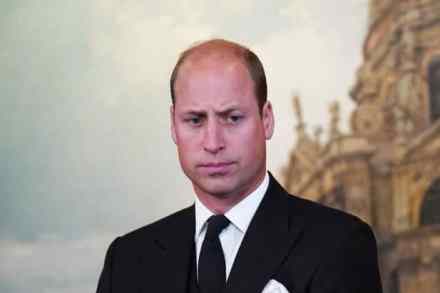Center Parcs’s royal blunder
Whacking up the price of black ties given the extra demand. Running advertising campaigns for cut price comfort food to get the nation through a painful few days. Or putting your zero hours workers on call for the whole of Monday just in case they are needed, while rushing out a quick line of over-priced memorabilia to sell along the streets of London. There were probably worse ways for companies to mark the passing of the Queen. Even so, the decision by Center Parcs, the family friendly chain of resorts, to kick everyone out for the day of the funeral must be one of the crassest imaginable. The decision by Center





















